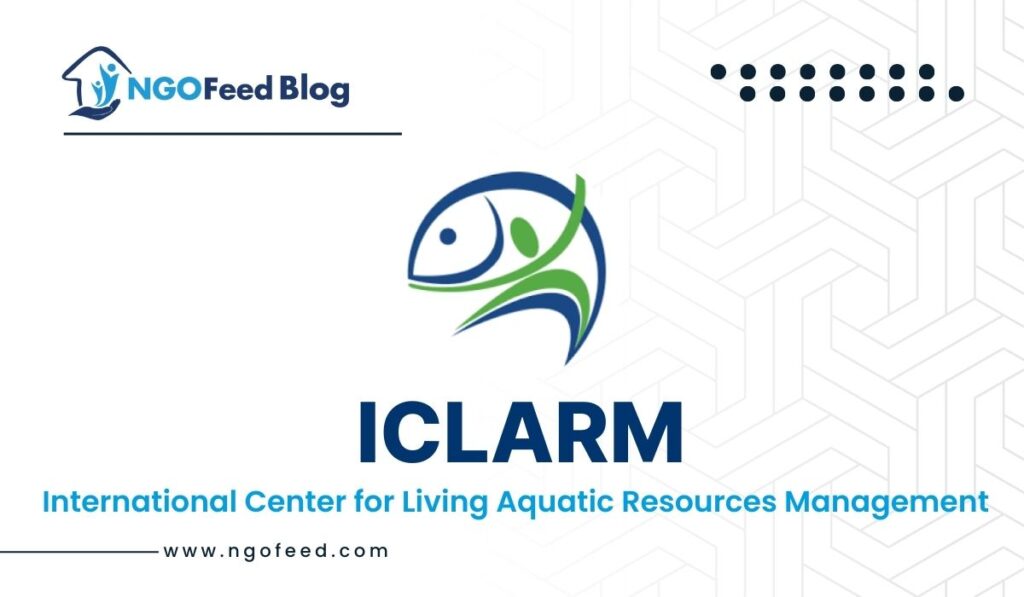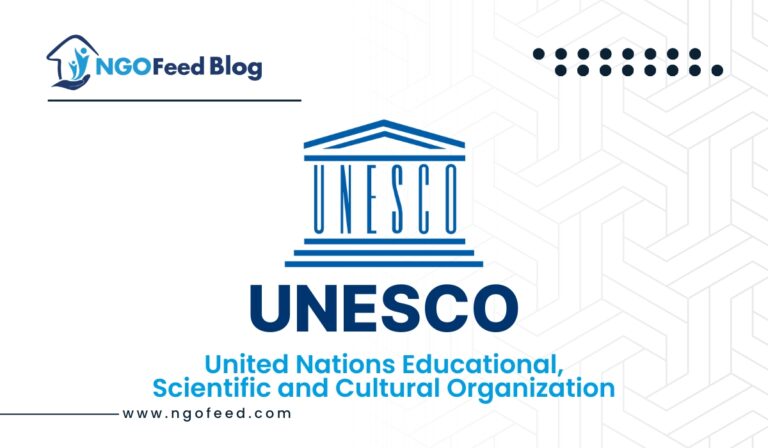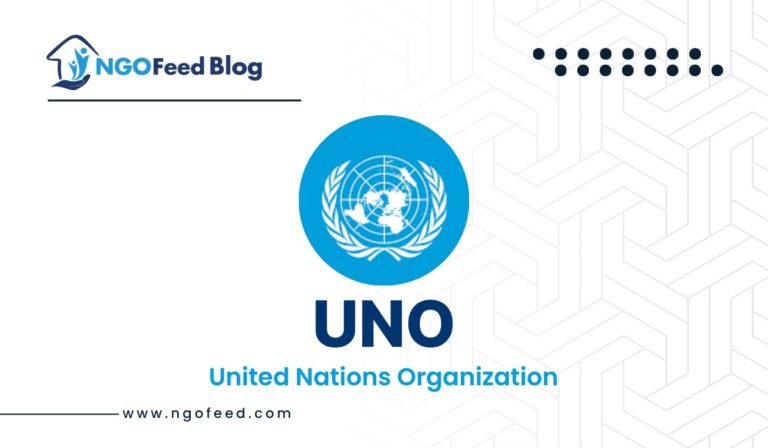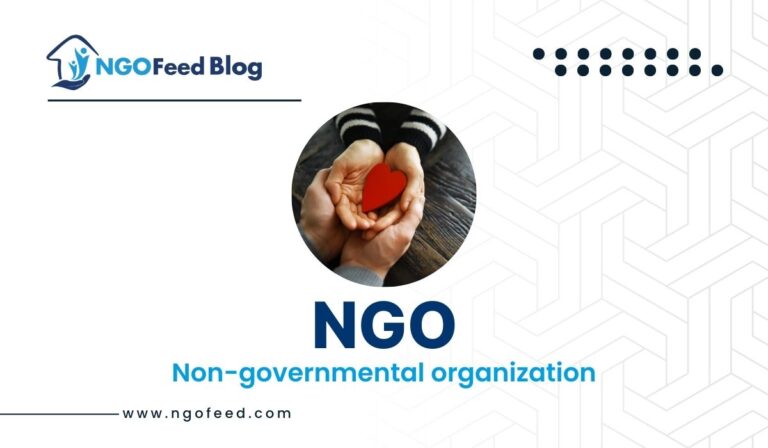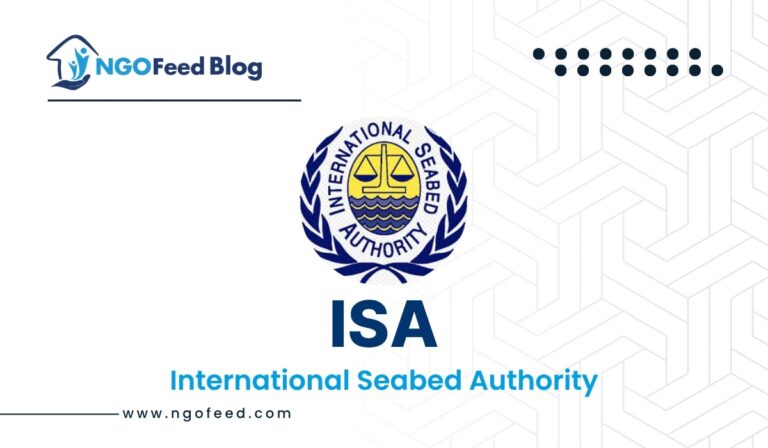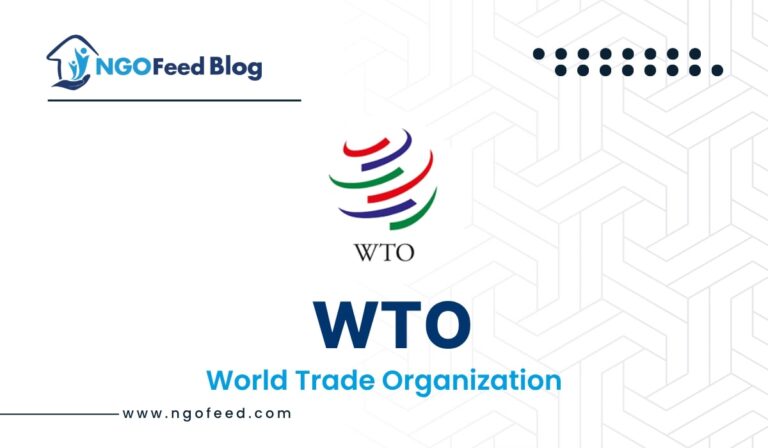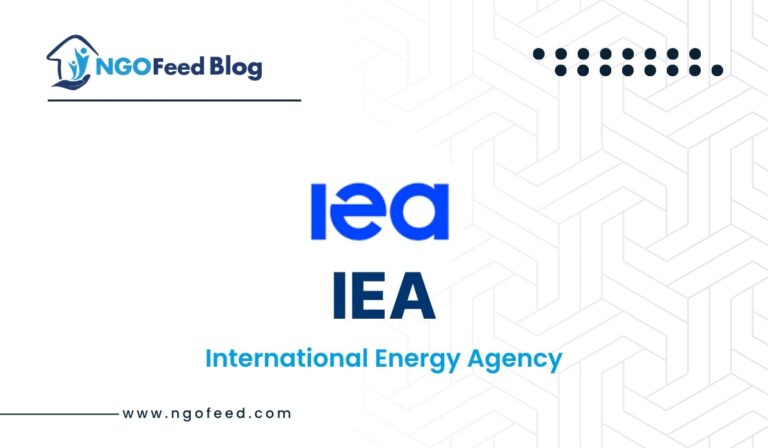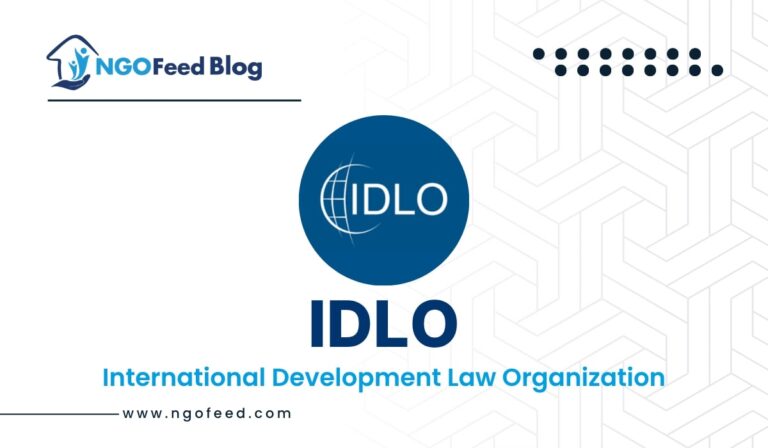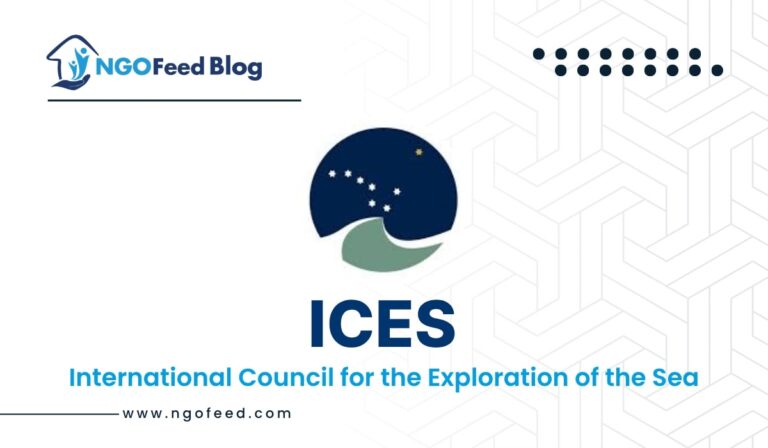ICLARM Full Form: The International Center for Living Aquatic Resources Management (ICLARM), also known as WorldFish, is an international organization working to transform aquatic food systems to reduce hunger, malnutrition, and poverty. ICLARM unites international organizations engaged in research about food security and has a presence in 20 countries throughout Africa, Asia and the Pacific Region.
Table of Contents
ICLARM Mission & Vision
Vision:- An inclusive world of healthy, well-nourished people and a sustainable blue planet, now and in the future.
Mission:- To end hunger and advance sustainable development by 2030 through science and innovation to transform food, land and water systems with aquatic foods for healthier people and the planet.
ICLARM History
ICLARM, founded as a fisheries research centre at the University of Hawaii in 1975, has evolved into the globally recognized institution now known as WorldFish. This organization is renowned for its significant contributions to sustainable fisheries and aquaculture development, especially in low- and middle-income countries. WorldFish has positively impacted millions of lives by providing evidence-based solutions for sustainable practices. Their focus includes climate mitigation, biodiversity conservation, improved nutrition, and public health enhancement. WorldFish’s internationally acclaimed efforts highlight its critical role in promoting sustainable practices and enhancing global food security.
Impact Areas
Environment & Biodiversity: Nourishing 9.8 billion people by 2050 without costing the Earth requires major changes to how to we produce food. The ocean and related aquatic food systems can provide over six-times more food than they do today. We are working to protect our fragile wild fish stocks and marine ecosystems, developing innovations to make aquaculture more efficient and sustainable.
Gender & Youth: Women face additional hardship thanks to deeply ingrained social norms and expectations. Closing this gender gap in aquatic food systems is central to achieving gender equality, boosting production, reducing poverty and hunger, and enhancing nutrition security. We are working towards societal transformation to rebalance opportunities for women and men in fish-dependent households and carrying out research to empower women in heir daily lives.
Climate: Climate change will have wide-reaching impacts on aquatic foods, either directly by affecting harvest quantities and efficiency, or indirectly by influencing the market price of fish or the costs of goods and services required by the sectors. Business as usual, with no effort to curb greenhouse gas emissions, predicts that some tropical countries will catch up to 40% less fish.
Aquaculture contributes less than 5% of the emissions associated with food production and is less susceptible to climate change. The naturally low carbon footprint of aquatic foods adds resilience to communities struck by climate change and makes sustainable aquaculture a key solution for the future. They are generating evidence and innovations to reduce food loss and waste, build climate resilience, restore ecosystems and put aquatic food production systems on a low-emissions pathway toward environmental sustainability.
Livelihoods: The Blue Economy looks beyond the ocean as solely a tool for economic growth and aims to improve human well-being and social equity while reducing environmental impact. Together with our partners we are generating clean and inclusive growth, new and better jobs and innovations to meet the global goals of the 2030 Agenda for Sustainable Development.
Nutrition: Two billion people worldwide suffer from malnutrition, a preventable yet life-threatening condition. Aquatic foods are rich in the vitamins, minerals, healthy fats and nutrients essential to human health and brain development, particularly in the first 1000 days of a child’s life. Our research helps communities to produce, access and consume nutritious aquatic foods for better health and wellbeing.
Latest Projects
1. MEKONG FISHERIES CONSERVATION II
The Mekong Fisheries Conservation II project uses a village-led approach to raise awareness and build capacity for natural resource management. It provides communities and supporting agencies with tools to incorporate fish ecology in their planning, promoting best practices and partnerships between government, civil society, local users, and scientists. Supported by WorldFish, community-based organizations better understand fish ecology and apply ecosystem approaches to fisheries management. Learning hubs in two Mekong provinces and one on Tonle Sap empower villagers to share knowledge on sustainable practices. The project has improved community engagement and fisheries resource management.
Outcomes:
Standard Practices: 30% of community fisheries (CFis/CFRs) effectively implement fisheries management best practices, conserving biodiversity and strengthening fisheries-based livelihoods.
Conservation Efforts: 50% of fish species of conservation concern are recognized and incorporated into CFis/CFRs management plans, prioritized by all stakeholders.
Resource Recovery: At least 30% of CFis/CFRs report significant recovery of fisheries resources due to targeted conservation and management measures.
Project objectives:
- Develop practical skills of local government entities and civil society groups to integrate ecological knowledge into management plan
- Establish a learning hub and provide them with best practices demonstration of technical knowledge and skills
- Explore and socialise opportunities for cooperative fisheries practices
- Investigate and socialise opportunities for enhanced income generation within the fisheries value chain and
- Make available results, lessons and new knowledge for use nationally and globally.
Key Milestones
Fishery Management: Equip 10 local government entities and civil society groups with practical skills in fish ecology, and support 20 CFis/CFRs in developing sustainable plans using the Ecosystem Approach to Fisheries Management.
Learning Hubs: Establish 4 learning hubs to share best practices in fisheries management.
Community Initiatives: Promote cooperative fishing practices and income generation activities within the fishery value chain in 2 communities for financial and ecological benefits.
2. IKAN BA FUTURU
Sustainable fisheries are crucial for nutrition security and food sovereignty in Timor-Leste. With new road developments, the south coast is gaining opportunities for trade and industry. Effective resource management, incorporating local knowledge, research, and broad participation, is essential for a sustainable future, especially for small-scale fisheries. WorldFish and Blue Ventures, supported by the Minderoo Foundation, are collaborating with the government, stakeholders, and fishing communities to pilot equitable, sustainable co-management approaches. Healthy habitats and fish populations are vital for productive fisheries and food security. Through the Ikan Ba Futuru project, partnerships will provide ecological information by integrating scientific research with indigenous knowledge, empowering communities and government institutions to sustainably manage marine resources.
Outcomes:
Empowerment and Tenure Rights: Improved tenure rights and empowerment of women and men fishers through active, equitable, and collaborative partnerships for coastal and fisheries management.
Science-Based local Management: Science-based, locally embedded management of fish resources and habitats implemented for selected south coast fisheries.
Institutional and policy framework: Institutional and policy landscape in place for improved people-centred ecosystem management for national fishery resources.
ICLARM Contribution to Sustainable Development Goals:
Food influences all 17 of the SDGs, making their research vital in adopting a comprehensive food systems approach. At WorldFish, they see food from water as a crucial part of the intricate web connecting production to consumption. Their primary focus is on SDG 2: Zero Hunger, while also emphasizing SDG 14: Life Below Water. This dual focus enables them to contribute significantly to many other SDGs. By addressing hunger and protecting aquatic life, they advance sustainable development and global food security, highlighting their commitment to a holistic approach in achieving the SDGs.
Frequently Asked Questions (FAQs)
What is the meaning of WorldFish?
International Center for Living Aquatic Resources Management (ICLARM), also known as WorldFish, is an international organization working to transform aquatic food systems to reduce hunger, malnutrition, and poverty. WorldFish. Formation. 1975.
What is the mission of the ICLARM?
To end hunger and advance sustainable development by 2030 through science and innovation to transform food, land and water systems with aquatic foods for healthier people and the planet.

